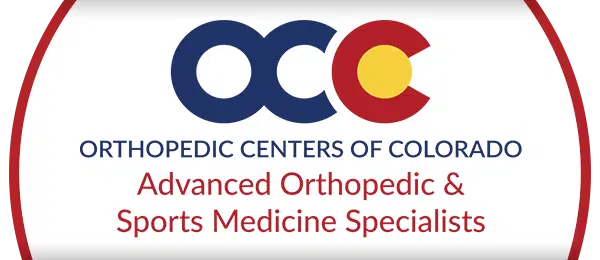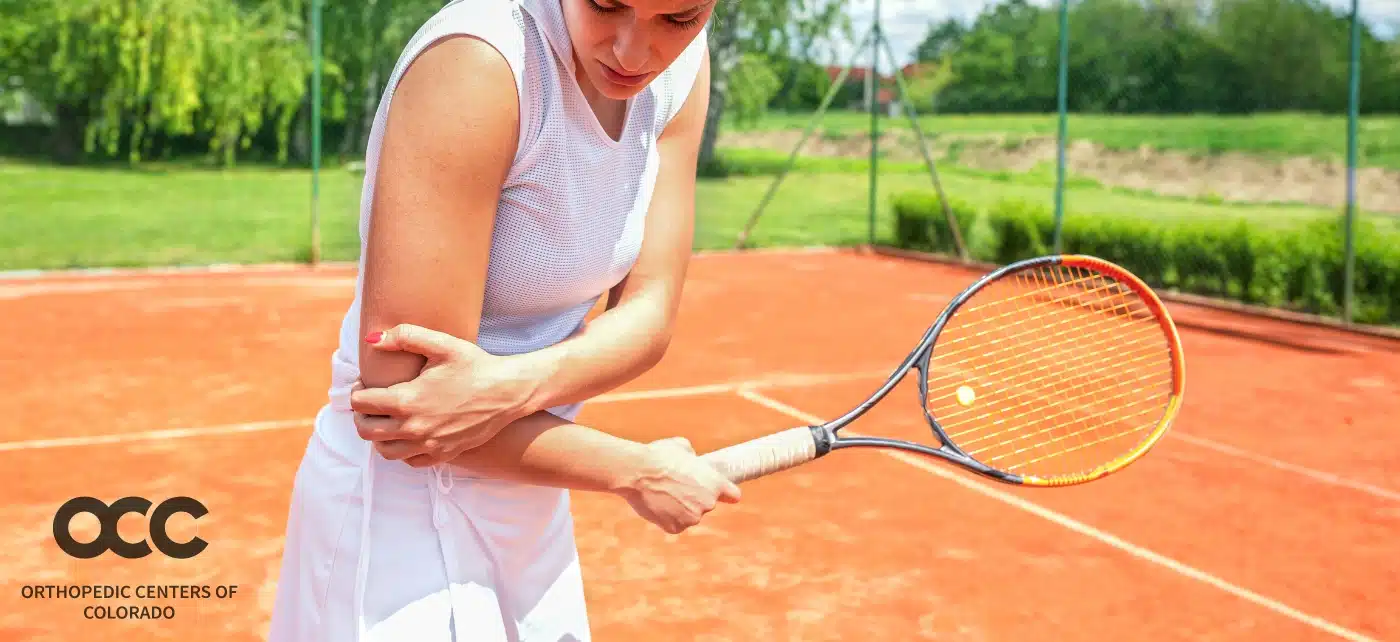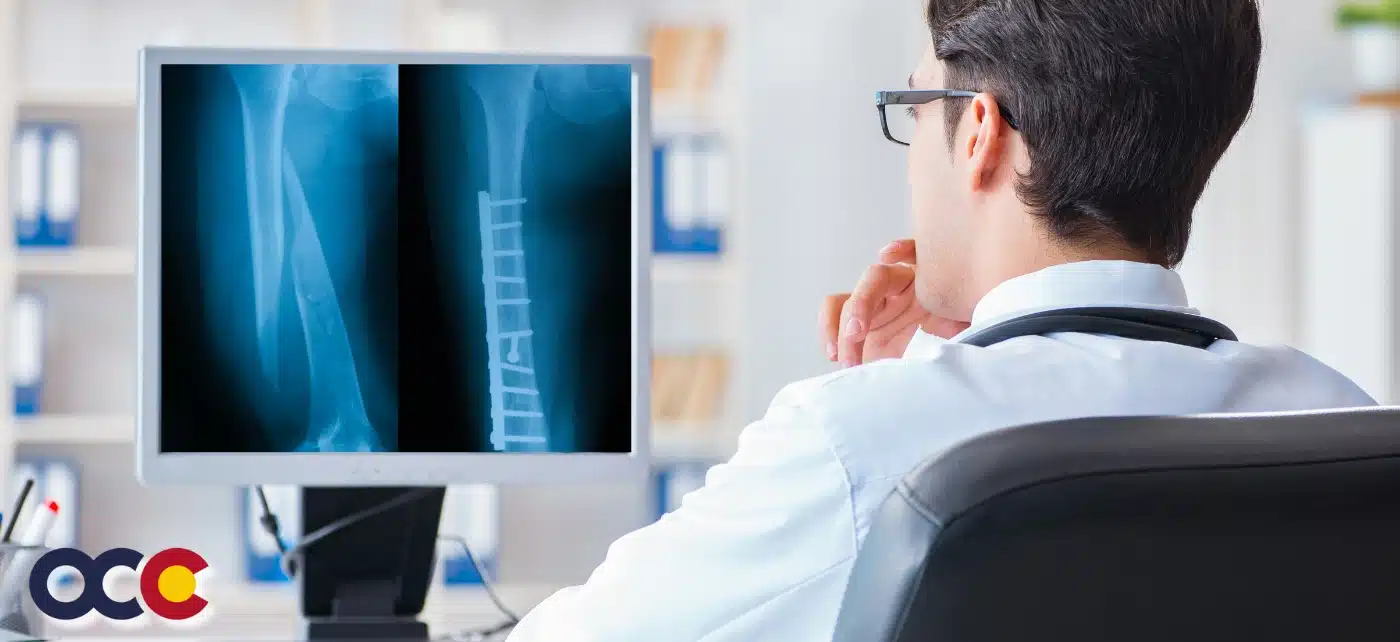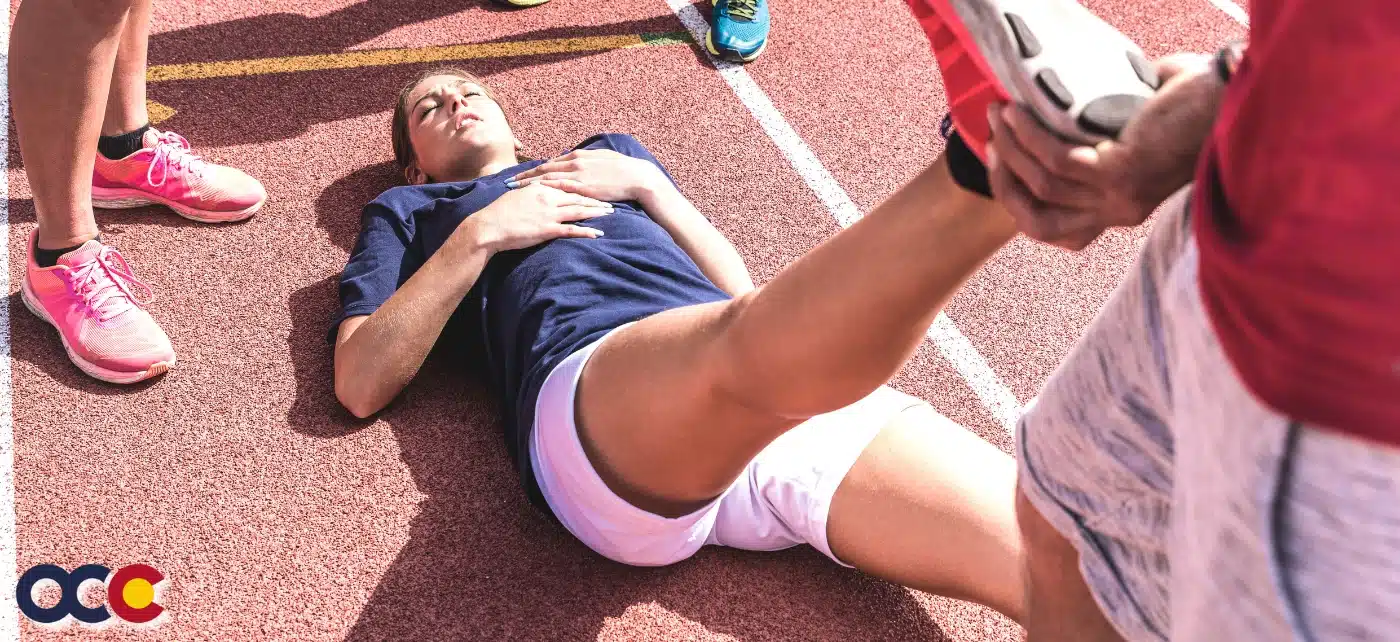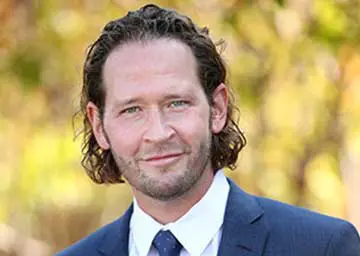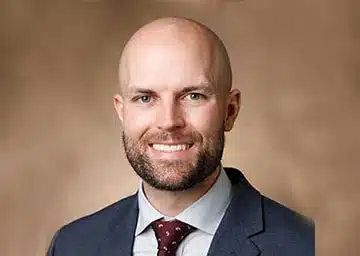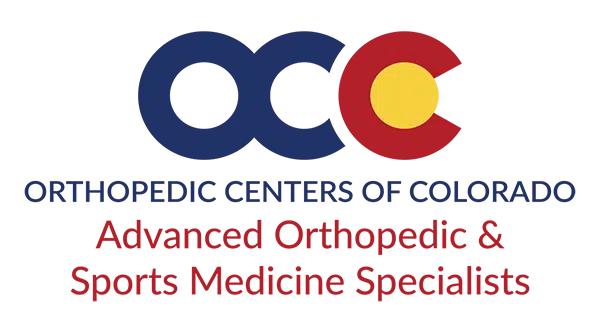Injuries are a common occurrence in the world of sports. It is estimated that one in five athletes will sustain an injury during their career. A sports injury can be a serious setback for any athlete, but trained sports medicine specialists can help chart a successful and efficient recovery plan.
Sports injury recovery times are determined by the type and severity of the injury, the athlete’s fitness level, and other personal circumstances. For example, if you have a sprain or strain, it may take only a few weeks to recover. However, if you have torn ligaments or broken bones, it may take months or even years to fully recover from the injury. The most common sports injuries are:
- Muscle strains
- Tendonitis
- Joint sprains
- Fractures
- Ligament tears
Athletes work with sports medicine specialists to maximize their recovery, minimize the chance of re-injury, and safely chart a timeline back to training and competition.
What is the difference between a sports medicine doctor and an orthopedic surgeon?
A sports medicine doctor is a physician who specializes in the prevention, diagnosis, and treatment of injuries related to sports. Orthopedic surgeons are physicians who specialize in the diagnosis and surgical treatment of disorders of the musculoskeletal system. Some orthopedic surgeons are also sports medicine specialists.
A sports medicine specialist can be a physician or surgeon who specializes in orthopedics, physical therapy, or rehabilitation medicine. They may work with athletes to prevent injuries or help them recover from an injury.
What can I expect from a sports medicine specialist?
Athletes often go to see a sports medicine specialist when they have been injured or if they want to improve their performance. Sports medicine specialists frequently plan, implement, and assess injury rehabilitation programs that get athletes back in the game. Equally important, trained sports medicine specialists routinely consult with uninjured athletes to optimize training and sports performance.
If you have an injury or illness that is preventing you from participating in your sport, it’s a good time to see a sports medicine specialist. This could be due to pain, swelling, stiffness, or any other symptoms that prevent you from performing at your best.
The first thing you can expect when you go see a sports medicine specialist is an examination. The doctor will ask you about your symptoms, medical history, activity level, and any other information they need to know about your condition. They will then examine your body for any signs of injury or pain. They may also order tests such as X-rays or MRI scans to help them diagnose your injury.
After the examination, they may recommend reduced activity, physical therapy, or rehabilitation exercises that support recovery. They may also recommend that you wear a brace or cast if there is an injury that needs immobilization for it to heal properly. The most severe injuries can require surgery.
When will I be cleared to return to sports?
Athletes who have suffered from an injury requiring surgery work together with their sports medicine specialist to create a rehabilitation plan before they can return to their sport. An essential part of this process is talking with the athlete about their goals and expectations for returning to sports, as well as what they are willing to do in order to get there. They will also discuss what kind of limitations the athlete should expect when it comes time to resume activity.
Rehabilitation helps athletes regain strength, flexibility, coordination, and balance. It can also help you regain confidence so you can return to your sport with a positive mindset and full trust in your restored movement.
Sports medicine specialists often use a return to sports clearance process to determine if an athlete is ready to resume activity following an orthopedic injury. This process reduces the chances of re-injury for athletes and includes a series of tests and evaluations by a sports medicine physician or a trained physical therapist.
The physician will examine the injured area, assess the recovery progress, and evaluate any other conditions that may affect the athlete’s ability to return to sports. Your physician will also perform tests on the injured area to see how it responds under stress or strain. The timing and nature of these tests will vary depending on the injury type and severity and whether the athlete is recovering from surgical repair.
The sports medicine specialists at Advanced Orthopedic approach each recovery as a partnership between the athlete and provider in a shared commitment to achieve the best outcome. The long-term health and strength of each athlete is the guiding principle of all treatments.
